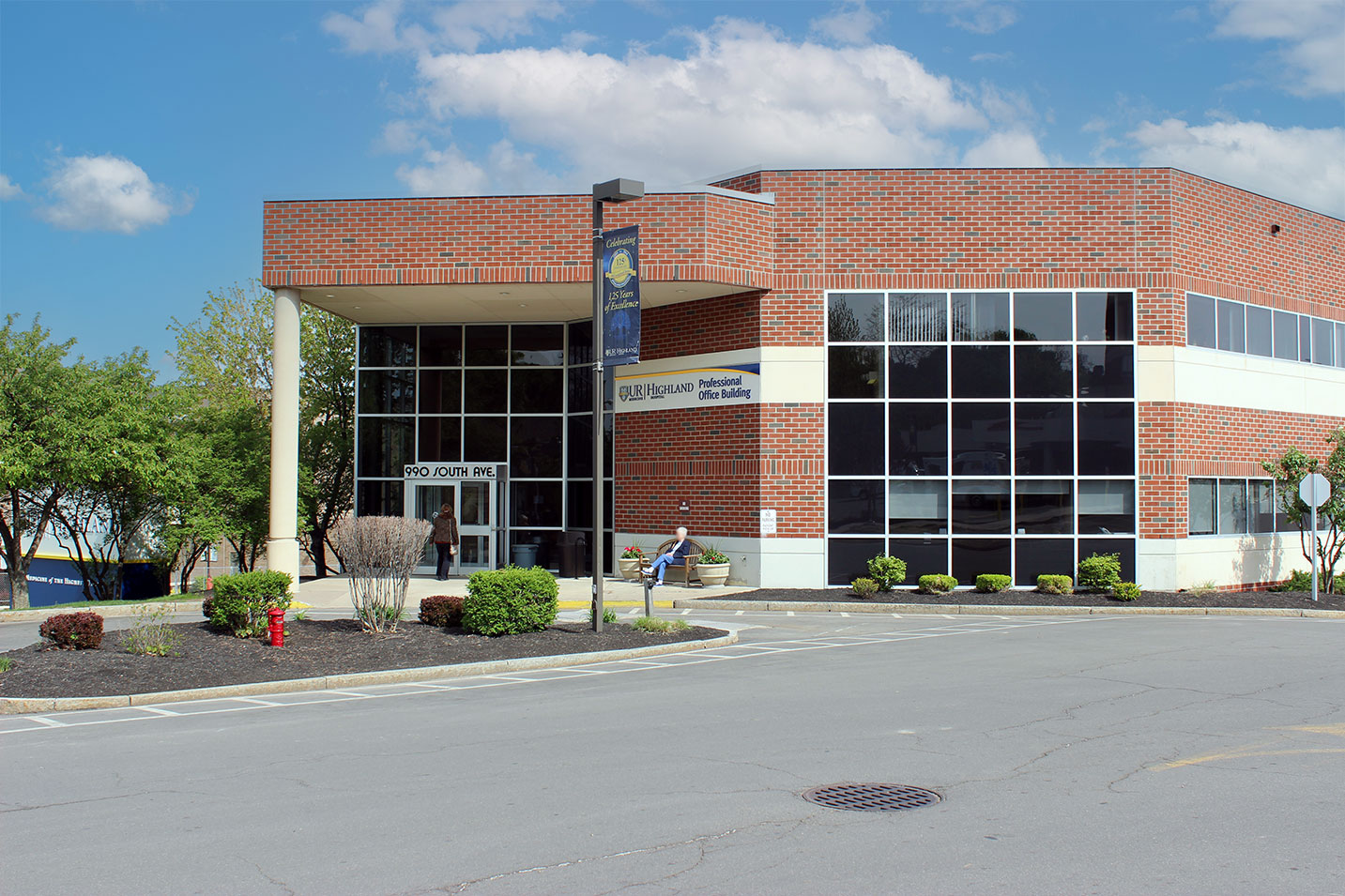Pituitary Disorders
Make Appointments & Get Care
What are Pituitary Disorders?
Diagnosis of pituitary tumors and other conditions affecting the pituitary and hypothalamus can be challenging because many tumor types can be involved, each with different signs and symptoms.
Not all patients experience the same symptoms, so the proper diagnosis can take time and many different kinds of tests. Pituitary tumors and other conditions affecting the pituitary and hypothalamus often require multiple types of treatment.
Types of Pituitary Disorders
There are two major types of pituitary disorders: hypopituitarism and hyperpituitarism. Both types of impact hormone production in the pituitary gland.
Schedule an Appointment
Call (585) 273-2343UR Medicine's Treatments for Pituitary Disorders
Our team evaluates all disorders affecting the function of the pituitary gland and hypothalamus and coordinates all aspects of care.
The UR Medicine Pituitary Program is able to offer neurosurgical and endocrinologic evaluation for patients. Patients also have access to a complete team of specialists in radiation oncology, neuro-ophthalmology, neurology, reproductive medicine, and genetic counseling.
We tailor treatment to each individual patient. In addition, we offer many kinds of medical therapies to reduce abnormally high hormone levels caused by some tumors. We also have medical therapies to replace hormones that are low, either from the effects of a tumor or treatment.
Patients may need only one particular treatment, or a combination of treatments for pituitary tumors:
- Transsphenoidal Tumor Resection
- Craniotomy
- Stereotactic Radiosurgery
- Radiation Therapy
- Medical Therapy
What Sets Us Apart?
The UR Medicine Pituitary Program is one of the most experienced centers for the diagnosis and treatment of pituitary tumors in the Rochester metropolitan area and surrounding region.
Our program is the largest referral program in New York State and the only one within 300 miles of Rochester that provides true multidisciplinary care to patients with pituitary disorders.
As part of a leading academic medical center, we bring together a full team of specialists from several areas of medicine. Our team offers patients and family members the caring support they need throughout their treatment and actively supports the Pituitary Network Association.
We seek to provide highly coordinated care in neurosurgery, endocrinology, radiation oncology and neuro-ophthalmology for all patients afflicted with tumors in the pituitary gland or the hypothalamic-pituitary region. We utilize the newest technologies and treatments available anywhere in the world, and deliver patient care with compassion and understanding of the many complexities involved in treating patients with these disorders.
Locations
View All LocationsWe serve you in the Rochester metropolitan area and surrounding region.
View All Locations2 locations
Highland Professional Office Building
990 South Avenue, Suite 207
Rochester, NY 14620
2180 South Clinton Avenue
Rochester, NY 14618
